In the world of SEO, Domain Authority (DA) is a key metric that helps predict how well a website will rank on search engines. One of the primary ways to improve DA is through building backlinks, which serve as endorsements from other sites. However, not all backlinks are beneficial. Engaging in link spamming, or acquiring large numbers of low-quality or irrelevant links, can have detrimental effects on a website’s Domain Authority.
In this article, we’ll explore how spamming links can negatively impact your DA and why this tactic can lead to a significant drop in your website’s ranking potential.
What is Link Spamming?
Link spamming is the practice of creating or acquiring a high volume of backlinks in an unnatural, manipulative manner. These links are often generated through tactics such as:
- Buying links from low-quality websites
- Using automated tools to create mass links
- Participating in link farms or networks where links are exchanged without any relevance or quality control
- Posting irrelevant links in forums, blog comments, or on unrelated sites
While the intention behind link spamming is to boost a website’s backlink profile and improve search engine rankings, this strategy often backfires, especially when it comes to DA.
How Link Spamming Hurts Domain Authority
1. Low-Quality Backlinks Decrease Authority
One of the primary reasons link spamming causes a drop in Domain Authority is that search engines, particularly Google, have evolved to prioritize the quality of backlinks over quantity. Links from low-quality, irrelevant, or spammy websites do not contribute positively to your DA. Instead, they can drag it down because search engines associate these links with manipulative SEO practices.
When search engines detect an abundance of low-quality links pointing to your site, they assume your website is engaging in spammy behavior, which results in a loss of authority.
2. Penalties from Google
Link spamming can trigger Google penalties, especially under its Penguin algorithm, which specifically targets sites that attempt to manipulate search rankings through black-hat link-building techniques. When penalized, your site’s Domain Authority can suffer a dramatic drop, and your pages may get de-indexed or pushed to the bottom of search results.
These penalties can have long-lasting effects on both your DA and your overall organic traffic, requiring significant effort to recover.
3. Harm to Website Reputation
A high-quality, authoritative site is built on trust and credibility. Spamming links damages your website’s reputation because it signals to search engines and users alike that your content may not be trustworthy. Search engines prioritize user experience, and if they suspect you are trying to manipulate the system through spammy backlinks, they will adjust your DA downward to reflect this lack of credibility.
4. Irrelevant Links Dilute Link Profile
The relevance of backlinks is critical to your Domain Authority. When you acquire links from websites that are irrelevant to your niche or industry, these links do little to support your site’s authority. Worse, they can dilute the quality of your backlink profile, which reduces the positive impact of legitimate links. Link spamming often involves acquiring links from websites with no thematic connection to your own, leading to a less authoritative backlink profile overall.
5. Decreased Traffic from Poor-Quality Sites
Spamming links on low-authority or irrelevant sites will not drive quality traffic to your website. In fact, the visitors coming from such sites are often disengaged or uninterested in your content, leading to high bounce rates and low engagement metrics. Poor user engagement signals to search engines that your site isn’t providing value to visitors, which can contribute to a lower Domain Authority over time.
Long-Term Consequences of Link Spamming
While the immediate effects of link spamming on your DA are concerning, the long-term consequences can be even more damaging:
1. Difficulty in Recovering Lost Authority
Once your Domain Authority drops due to spammy links, recovering that lost authority can be challenging. It requires not only removing or disavowing the bad links but also implementing a solid SEO strategy based on high-quality, relevant backlinks. Recovery can take months or even years, depending on the severity of the damage caused by spamming.
2. Damage to Brand Image
Link spamming can also tarnish your brand’s image. If users repeatedly encounter your links on irrelevant or low-quality websites, they may associate your brand with spammy practices. This can lead to a loss of trust, decreased user loyalty, and fewer opportunities for partnerships or collaborations with reputable websites in your industry.
3. Reduced Organic Search Visibility
Search engines reward sites with a healthy backlink profile that contains relevant, high-quality links. Link spamming, however, diminishes your chances of appearing in top search results, making it harder for potential customers or clients to find you. This reduced visibility can lead to less traffic, fewer conversions, and slower business growth over time.
How to Avoid Link Spamming
To protect your Domain Authority and SEO strategy, it’s important to focus on ethical, white-hat link-building techniques. Here are a few strategies to help you avoid link spamming:
1. Prioritize Quality Over Quantity
Instead of acquiring hundreds of low-quality links, focus on building high-quality, relevant backlinks. These links should come from reputable websites within your industry or niche that can drive genuine traffic and boost your authority.
2. Create Valuable Content
One of the best ways to earn natural, high-quality backlinks is by creating valuable, shareable content. When your content provides value to readers, other websites are more likely to link to it organically, without you having to resort to manipulative link-building techniques.
3. Disavow Toxic Backlinks
If you’ve already acquired spammy backlinks, consider using Google’s disavow tool to remove them from your backlink profile. This tool allows you to tell Google to ignore certain links, helping to protect your Domain Authority and search rankings.
4. Monitor Your Backlink Profile
Regularly monitoring your backlink profile using SEO tools like Moz, Ahrefs, or SEMrush will allow you to spot any spammy or toxic links before they cause significant harm. By keeping a close eye on your backlink quality, you can ensure your DA remains stable and healthy.
Conclusion
Link spamming is a harmful practice that can cause a significant drop in your website’s Domain Authority. Rather than improving your SEO strategy, it can lead to penalties, damage your reputation, and negatively impact your organic traffic. By focusing on ethical, high-quality link-building strategies, you can avoid the pitfalls of link spamming and ensure that your Domain Authority continues to grow in a sustainable, long-term way.

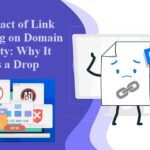
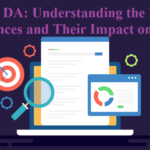





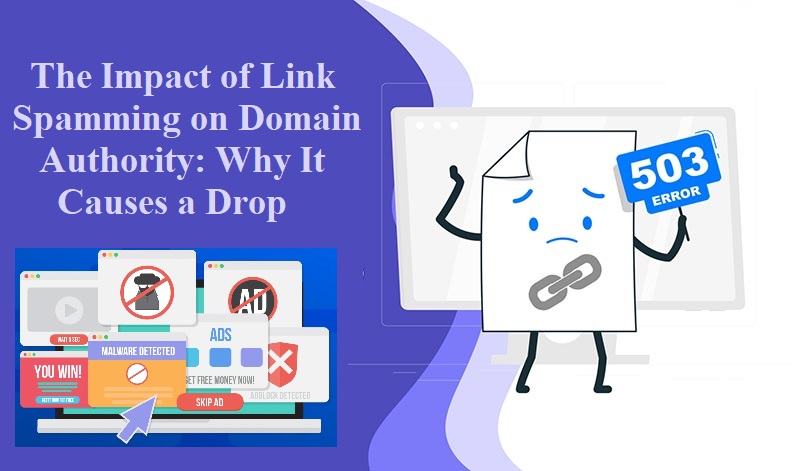



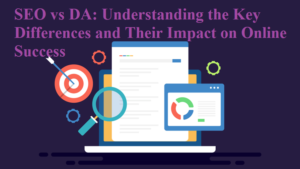
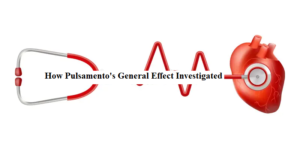
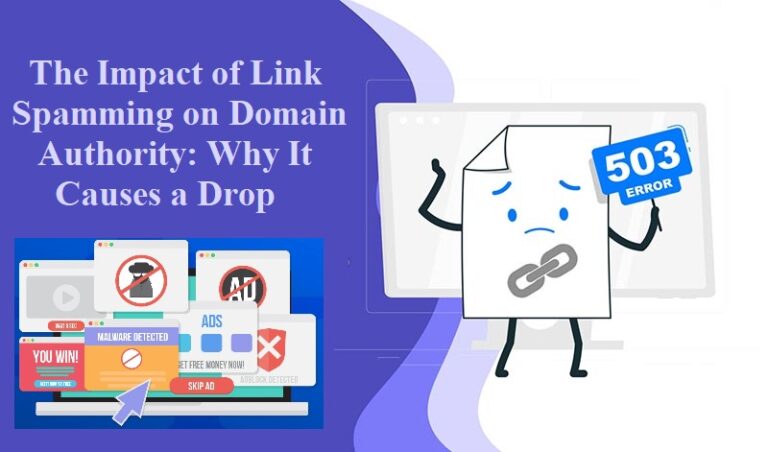
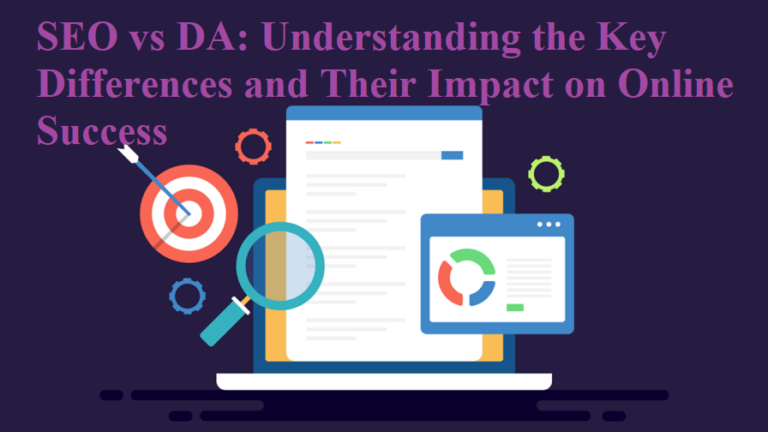
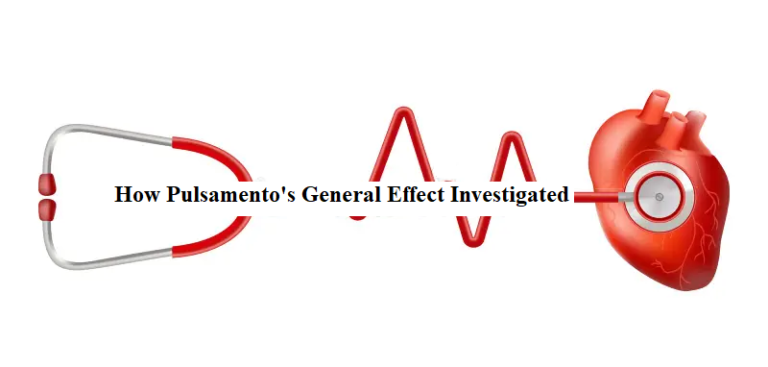

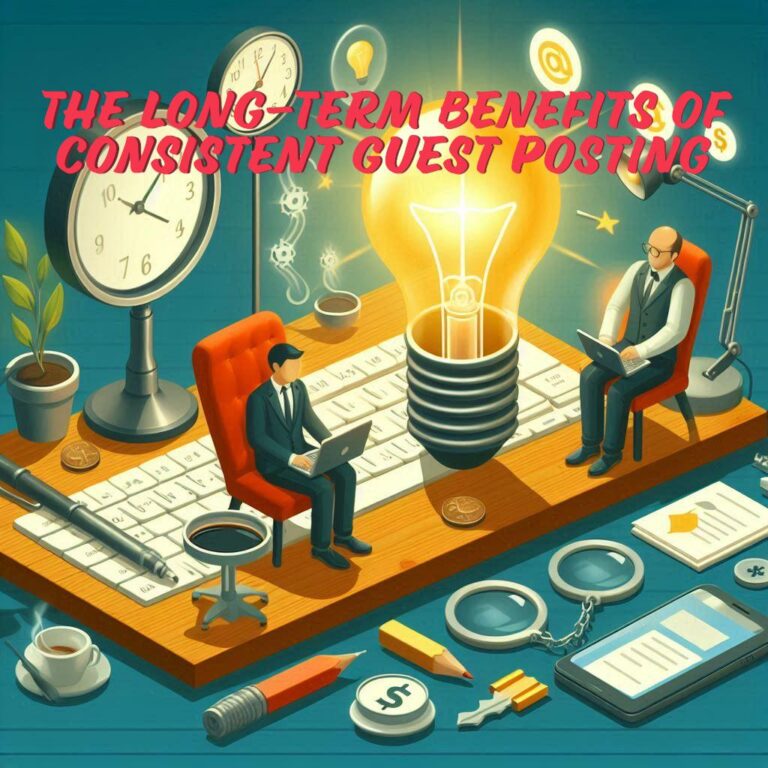

+ There are no comments
Add yours